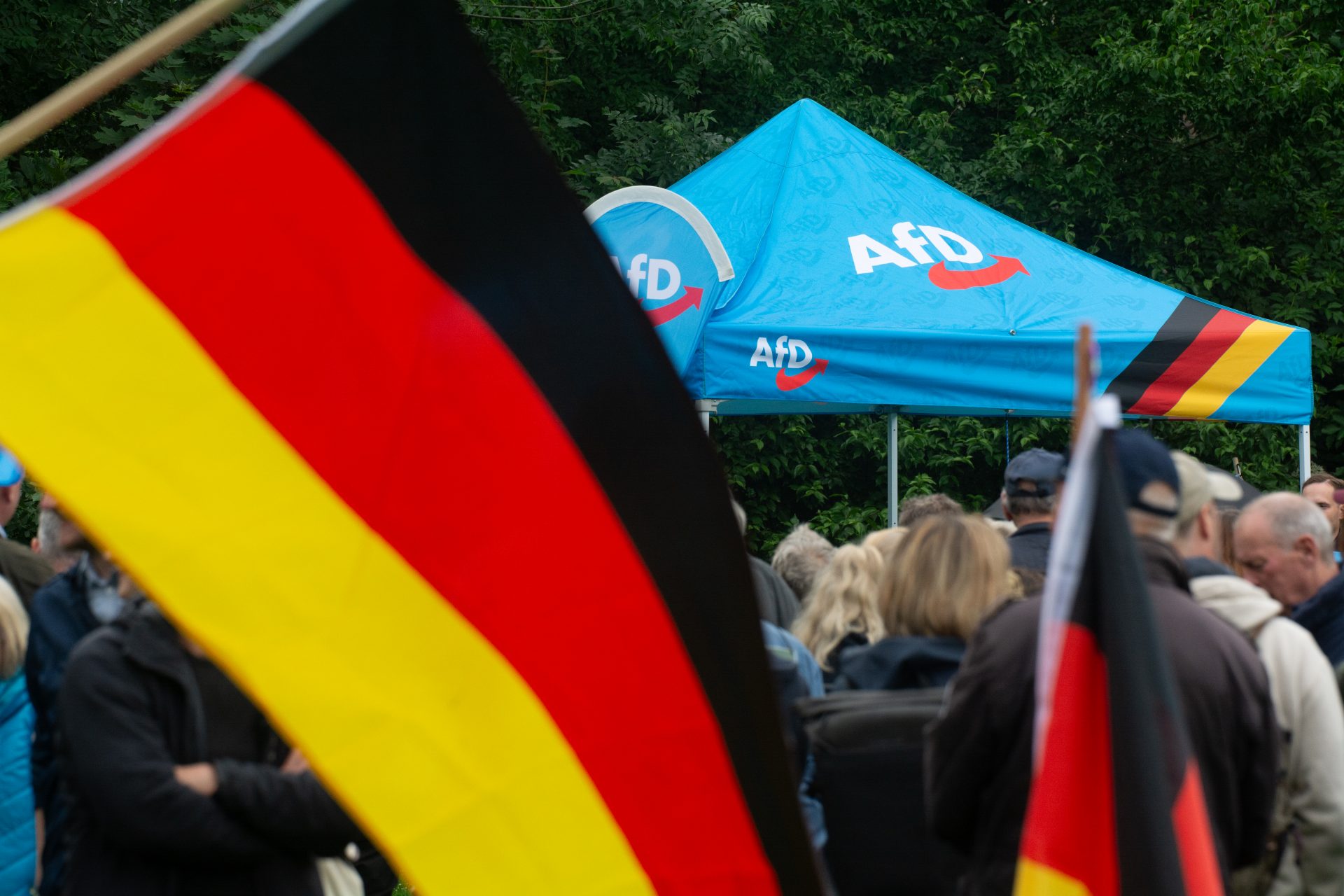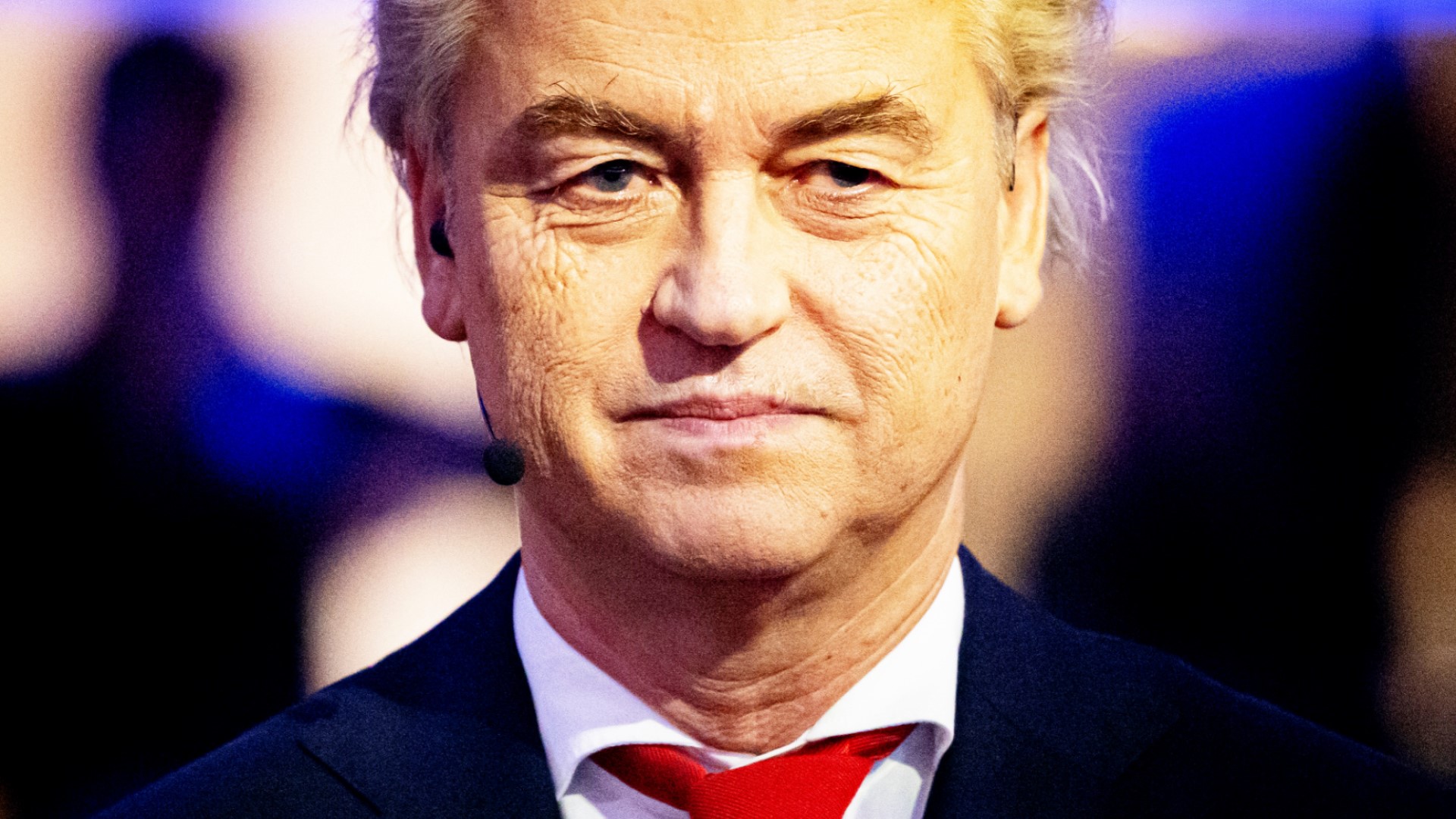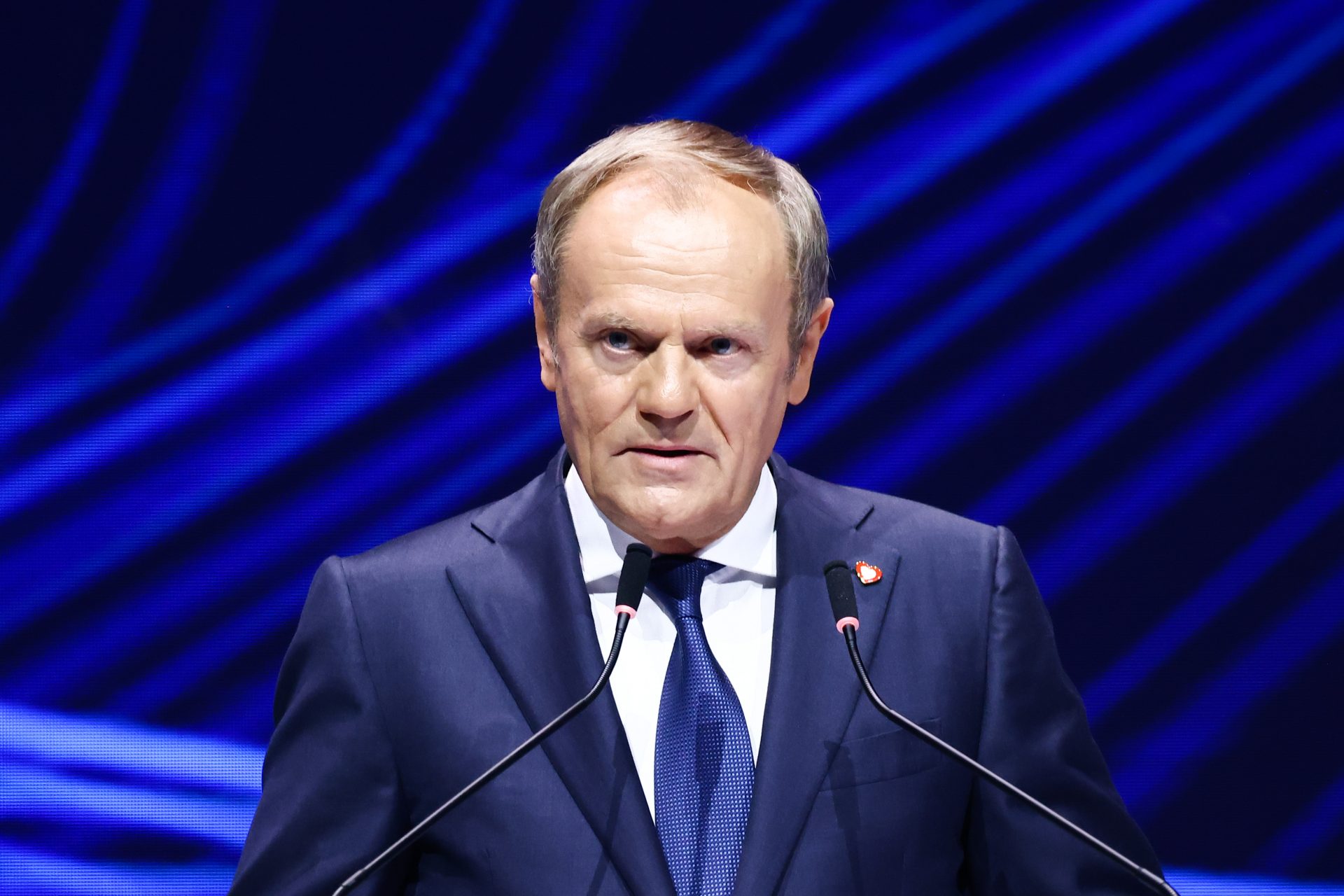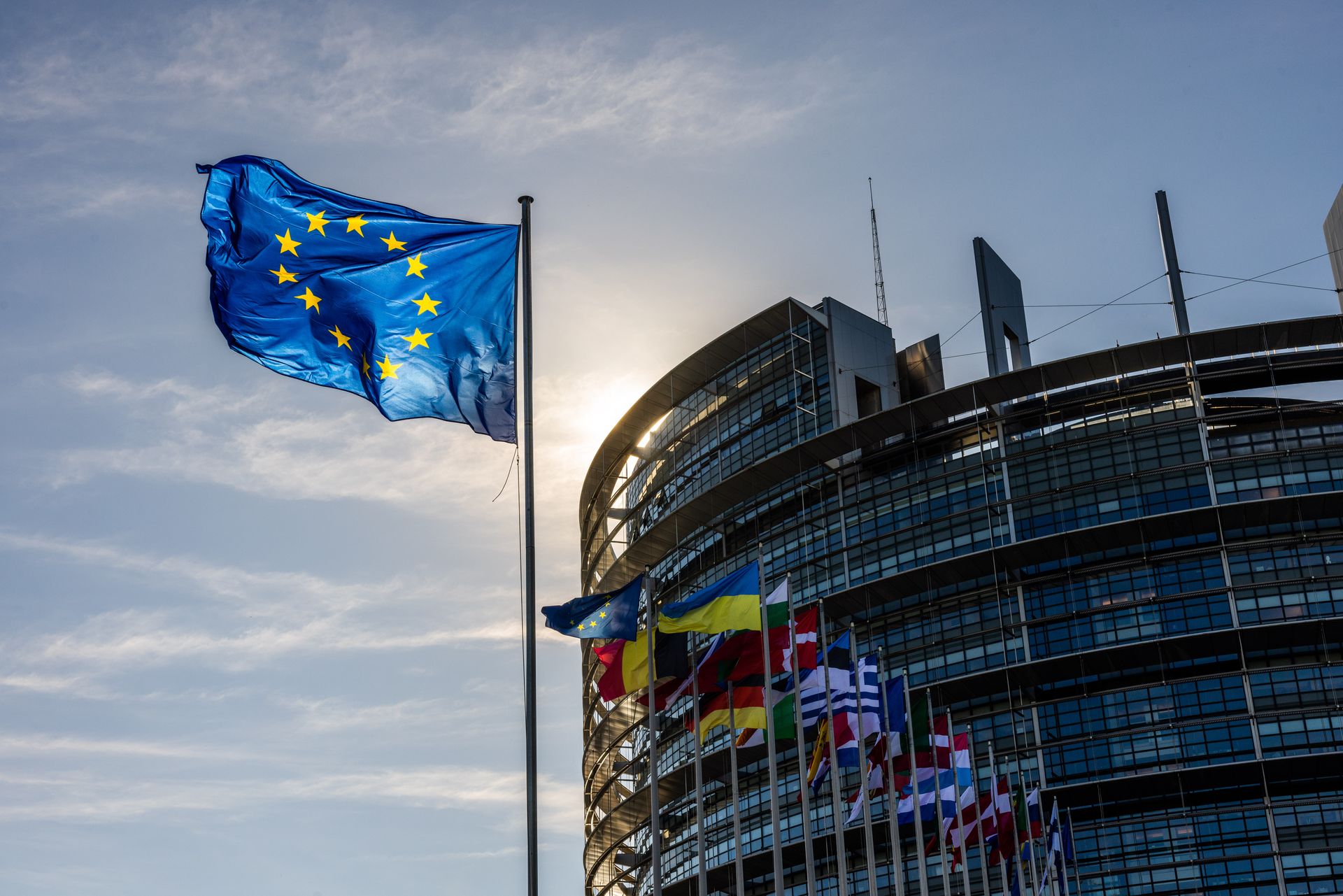A political ultra-right wave is washing over Europe
The European elections are over. The radical right is growing across Europe and appears to be approaching levels of power unprecedented since the 1930s. In Germany, the traditional right of the CDU won with 30% of the vote, but the shocking news was that the extreme AdF (Alternative für Deutschland), won 15.9%. That was more than the Social Democrats (13.9%) and the Greens (11.9%).
In the Netherlands, Geert Wilders' ultra-right party, the PVV, has achieved a major victory by going from one to six seats. The winner of the elections in GroenLinks-PvdA with 8 seats, but the difference is remarkably small with the ultra-right.
The most overwhelming result in the European elections was achieved by the radical right in Austria: the FPÖ (led by Herbert Kickl - in the photo) was the largest party with 25.7% of the vote.
In France the political change is complete: with 31.4% the Rassemblement National (National Regroupment) wins. It confirms the unstoppable rise of Marine Le Pen. President Emmanuel Macron's party drops to 14.6%.
This landslide led to Macron dissolving the Assemblée National and announcing early elections in France. It's a leap into the deep. The polls open on June 30 and it is the perfect opportunity for Marine Le Pen's party to win nationally in France.
The Fdl ('Brothers of Italy') by Giorgia Meloni obtained 28.6% of the votes. A big victory. Salvini's Northern League is sinking while the progressive Democratic Party and even the Five Star Movement are recovering. Meloni is seen as the epitome of the new radical right that is emerging throughout Europe.
Hungary is home to the least liberal of all the ruling ultras: Viktor Orbán. His party won the European elections with 44.3% and that is not bad at all. But analysts point to the strength of an opposition rival, Péter Magyar, who won 30%.
In Poland, liberal Donald Tusk is consolidating his strong momentum. It is encouraging that his party wins with 37.1% against the ultra-conservative 'Law and Justice'.
Some Spanish media speak of an 'Iberian exception' because in Spain and Portugal the radical right did not emerge as strongly from these European elections. The Spanish ultra-right rose, but remained in third place with 6 seats. It is not as strong as the ultra-hurricane in Germany, Austria or France.
The famous phrase that Marx and Engels wrote in 1848 ("a ghost haunts Europe, the ghost of communism") can be adapted today by talking about the specter of the radical right that is growing.
More for you
Top Stories























